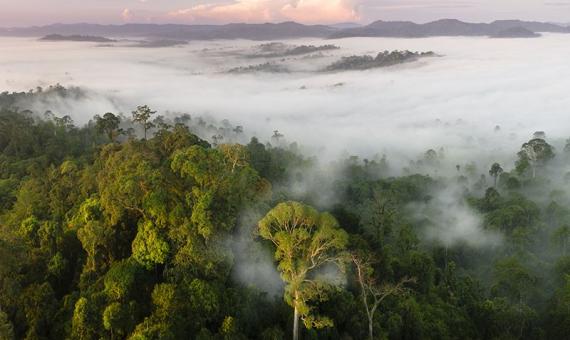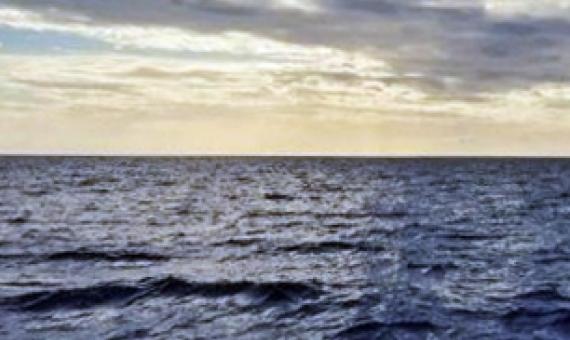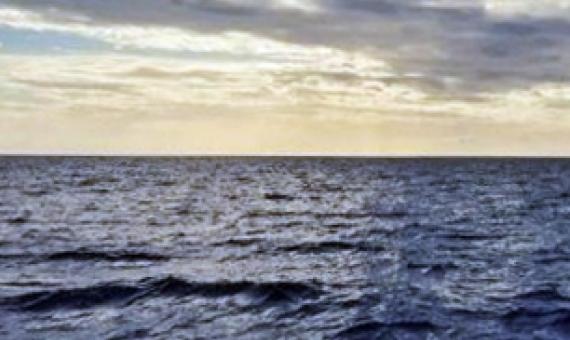What Conservation Strategies support the Adaptive Capacity of Coastal Ecosystems in three island states facing a changing climate in Micronesia?
Coastal ecosystems, such as coral reefs, mangroves and seagrass beds, are highly vulnerable to the impacts of climate change. The degradation and loss of these ecosystems, stemming from the increased impacts of climate change-related drivers, threaten the well being of island communities in Micronesia, as they are very reliant on and connected with these coastal ecosystems.Call Number: [EL]Physical Description: 179 p.











